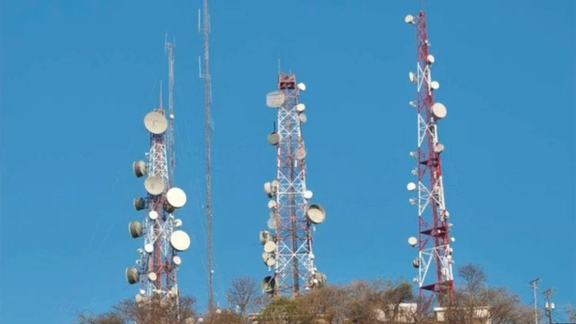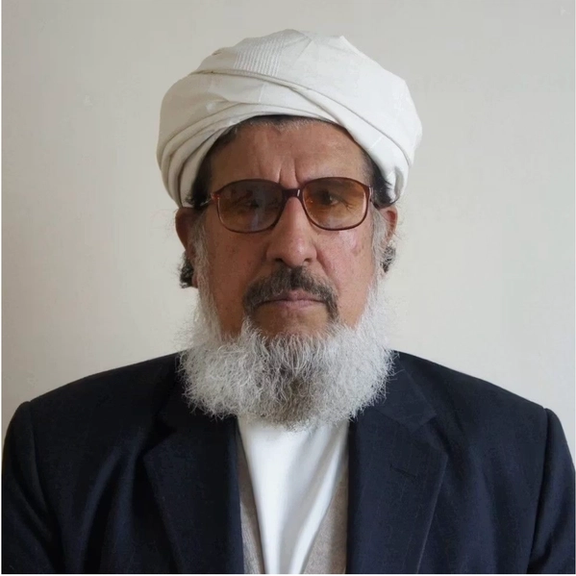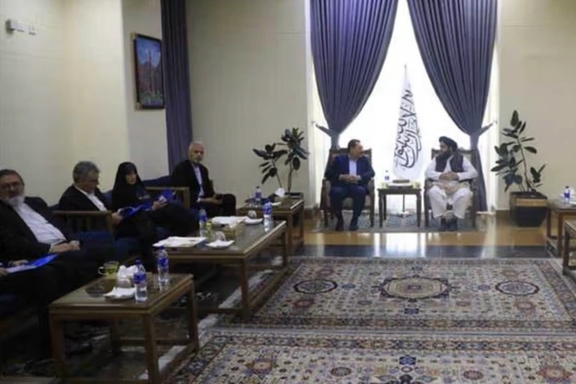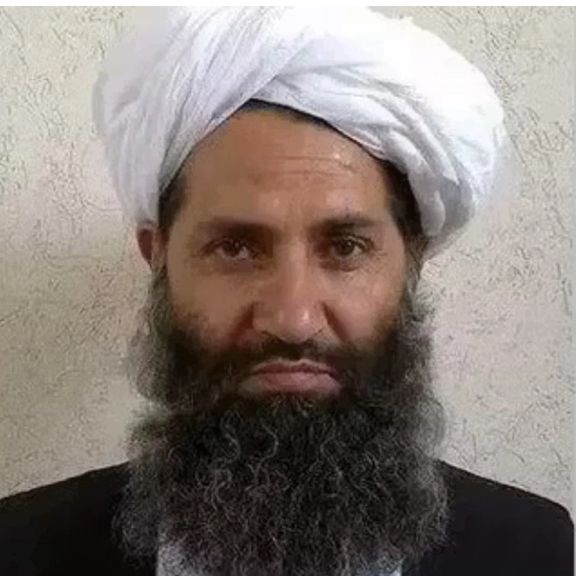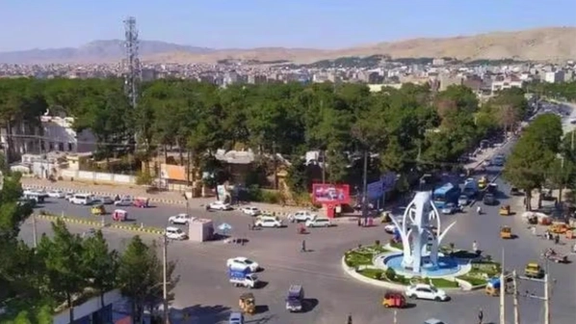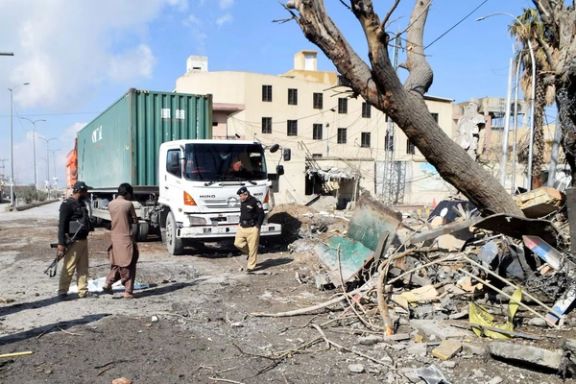Residents of Mazar-i-Sharif city said the shutdown began on Monday when Taliban authorities ordered service providers to cut Wi-Fi in the city. Local telecommunications companies confirmed the decision, saying it had been issued by Taliban officials.
Afghan Telecom and several other providers suspended cable-based internet services, though mobile networks remain operational.
A Kabul-based internet service provider told Afghanistan International that the Taliban halted fibre-optic services nationwide about 20 days ago. The company official, who requested anonymity due to security concerns, said providers contacted the Ministry of Communications for clarification but were told the directive had come directly from Kandahar.
According to the source, a Taliban cabinet delegation is expected to travel to Kandahar to brief the group’s supreme leader on the importance of fibre-optic services for major development projects, including the TAPI and TAP regional pipeline initiatives.
Direct Order from Akhundzada
A telecom official in Mazar-i-Sharif city also confirmed the shutdown, saying the decision was announced during an emergency meeting between Balkh governor Mohammad Yusuf Wafa and internet providers. He said Wafa told participants that the order had come directly from Taliban leader Hibatullah Akhundzada.
Companies said Taliban leaders have justified the restrictions as a way to curb “immorality.” In previous directives, service providers were instructed to block access to apps such as TikTok and PUBG, as well as pornography websites. Providers said the cost of such filtering was prohibitively high, between $50,000 and $100,000 a month. They managed to block some adult websites but failed to restrict the apps, a shortfall that repeatedly drew Taliban criticism.
Sources said Akhundzada has now opted to suspend high-speed internet altogether in order to control public opinion. The new policy may be implemented gradually, province by province.
Before the fibre-optic shutdown, average internet speeds in Afghanistan reached about 40 megabits per second. Since the suspension, speeds on wireless networks have fallen to between 4 and 6 Mbps.
Part of Global Trend
The Taliban’s move in Mazar-i-Sharif is the latest example of internet restrictions being used as a political tool. According to the global watchdog NetBlocks, there were 296 shutdowns recorded in 54 countries in 2024 alone.
Iran almost entirely cut internet access during protests over rising fuel prices in November 2019 and has since imposed widespread filtering and limits on high-speed services. Russia, since 2021, has throttled internet connections and blocked access to several social media platforms.
In May 2022, the UN Human Rights Office warned that shutdowns severely disrupt daily life, restricting access to information and essential services.
One of The World’s Slowest Networks
Afghanistan already ranks near the bottom of global connectivity. According to data from Ookla’s Speedtest, the country is placed 150th worldwide for internet speeds.
Analysts say the suspension or throttling of high-speed internet will further damage the quality of life in urban areas, where connectivity underpins commerce, education, and entertainment. They warn that the policy could have serious economic, educational, and social consequences, further isolating Afghans from access to information and participation in modern life.
